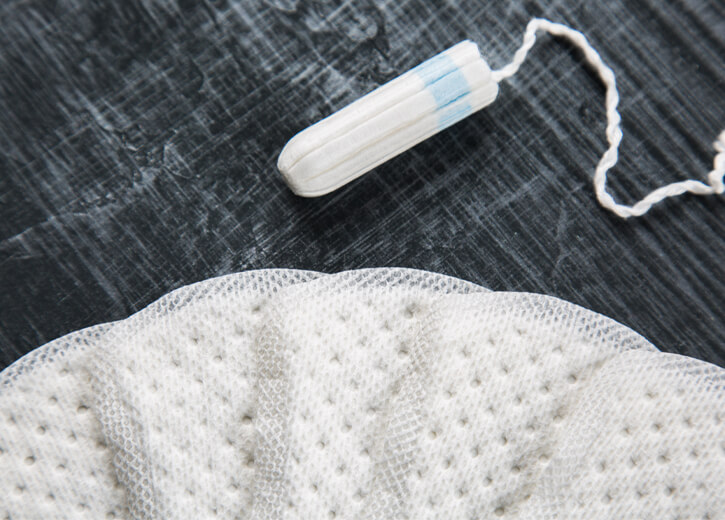A norovirus infection can cause sudden severe vomiting and diarrhoea. The norovirus is quite contagious. They frequently disperse through contaminated surfaces or food or water that has been polluted during preparation. Close contact with a person who is infected with a norovirus can potentially transfer the virus.
Vomiting, diarrhoea, and stomach discomfort usually start 12 to 48 hours after exposure. Symptoms of a norovirus infection typically last 1 to 3 days. Most people fully recover without needing any therapy. However, vomiting and diarrhoea can be extremely dehydrating for some people and necessitate medical attention, particularly for small children, older adults, and those with existing medical disorders.
Infestations with the norovirus are particularly common in cramped, enclosed spaces. Hospitals, elderly homes, day-care centres, schools, and cruise ships are a few examples.
Norovirus symptoms
Within a day or two of exposure, you will likely move from feeling entirely healthy to absolutely weak if you develop a norovirus infection. Nausea, vomiting (more frequently in toddlers), watery diarrhoea (more frequently in adults), and cramping in the stomach are typical symptoms.
Common symptoms include:
· Nausea
· Vomiting
· Stomach pain or cramps
· Watery or loose diarrhea
· Feeling ill
· Low-grade fever
· Muscle pain
Typically, signs and symptoms appear 12 to 48 hours after your first norovirus encounter and last 1 to 3 days. After healing, you may continue to pass virus in your faeces for a few weeks. If you have another medical issue, this shedding may continue for several weeks or months.
When infected with the norovirus, some persons may not exhibit any symptoms at all. They can still infect others and propagate the illness, though.
Norovirus complications
The majority of people recover from norovirus infections quickly and without experiencing any serious side effects. However, norovirus infection can be severe in some people, particularly in young children, elderly adults, people with compromised immune systems, persons with other medical disorders, and women who are pregnant. Serious dehydration and even death can result from norovirus infection.
Norovirus prevention
By thoroughly washing your hands with soap and water and implementing other easy preventative measures, you can help shield both yourself and others from the norovirus.
Maintain good hand hygiene
· Use soap and water to thoroughly wash your hands.
· Always before eating, preparing, or handling food, after using the restroom or changing diapers, and before administering medication to yourself or another person.
· Even before you feel unwell, norovirus can be identified in your faeces (poop) or vomit. Additionally, even when you feel better, the virus might persist in your faeces for up to two weeks. Throughout this time, it's crucial to keep washing your hands frequently.
· Hand sanitizers can be used in addition to hand washing, but they shouldn't be used in place of washing your hands with soap and warm water. It's best to wash your hands.
When travelling, exercise cautious. Consider eating only prepared foods, consuming only hot or fizzy beverages, and staying away from food served by
street sellers if you're visiting places where there is a significant risk of contracting the norovirus.



